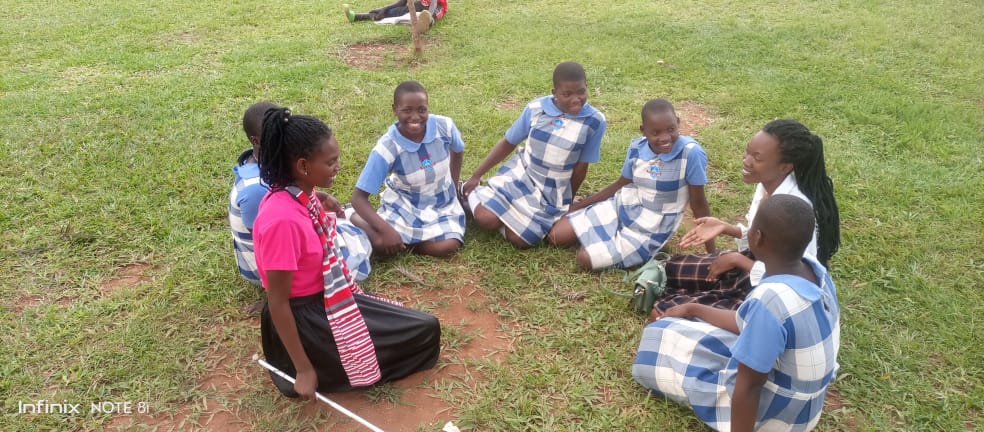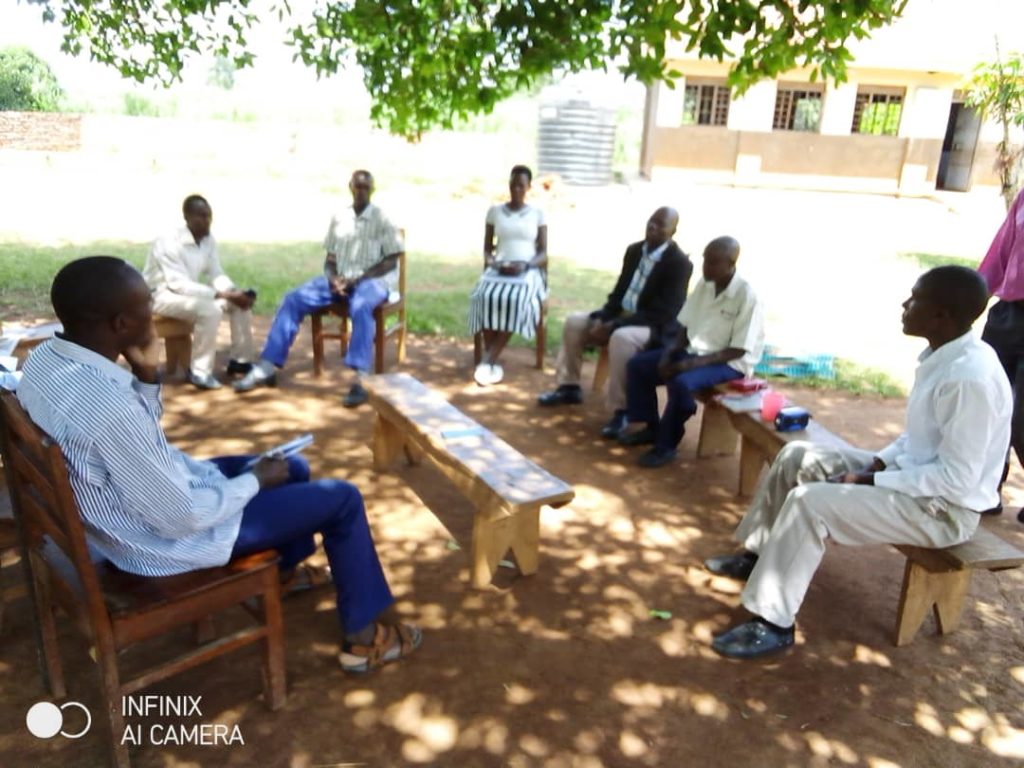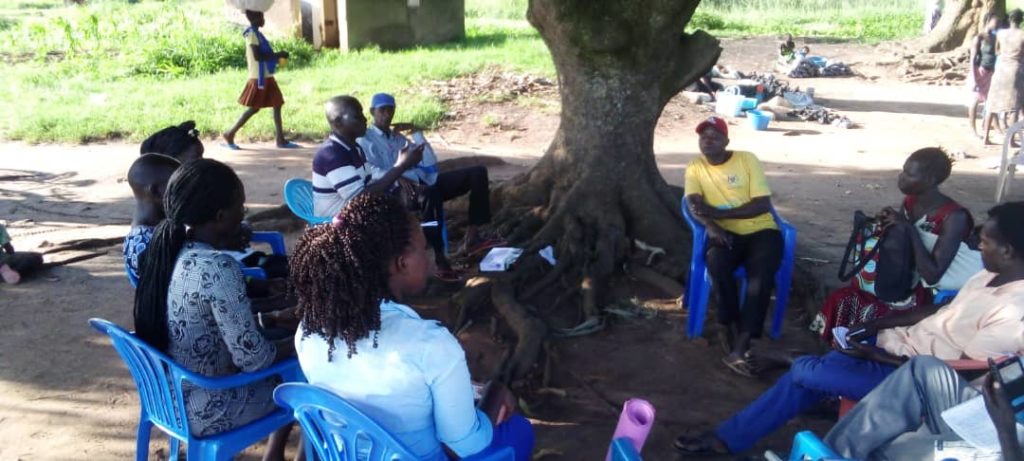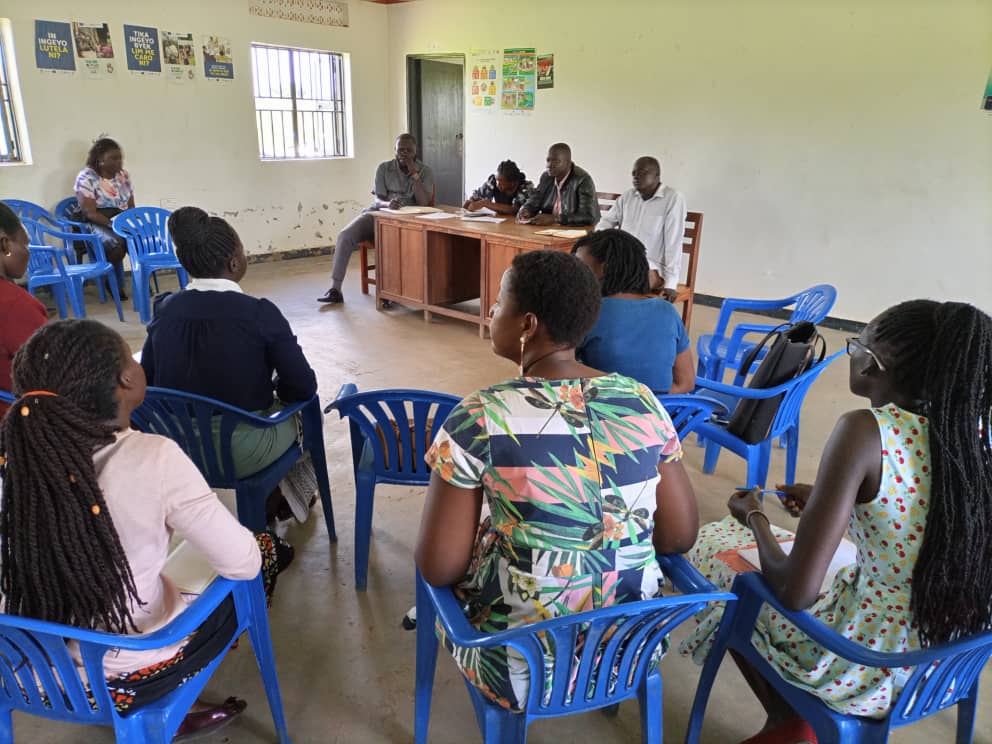By Janestic M. Twikirize
Makerere University department of social work launched the implementation of the community social labs in September 2022, with a total of 39 Bachelor of Social Work and MSW students being commissioned for field placements in the communities. Social Labs are a core methodology being used under the NORAD-funded RESILIENT project whose aim is to contribute towards building resilient communities in East Africa through inclusive and relevant education. Community social labs represent sites for rural social innovation through increased University-community engagement to find local solutions for perverse problems that confront communities. Within the RESILIENT project the CSL have adopted three core approaches, namely (i) Problem based student placements, (ii) Research at the grassroots and (ii) Engagement and advocacy with the local authorities and stakeholders. They are being implemented in the three partner countries in East Africa namely Uganda, Rwanda and Tanzania.
In Uganda, the focus of the CSL and its attendant elements is on the nexus between child abuse (particularly, child marriage) and schooling. As a starting point, two districts were selected to participate in this pioneering project, Gulu in Northern Uganda, and Luuka in Central Eastern region. Gulu district is still struggling with the longstanding effects of the 2-decade armed conflict that ripped the societal fabric apart, with generations of parents and children living in multi-dimensional poverty. Luuka district is one of the regions in Eastern Uganda that consistently posts high levels of child marriage.
Within each district, students have been placed at the parish level- being the lowest government administrative unit at the grassroots – with an appointed government worker – the Parish chief. To achieve better results, students were placed in groups of 2-3 for mutual support and learning. In total, students are working in 12 Parishes across the two districts. The 7 MSW students were fairly distributed among the groups to ensure that each subcounty has at least a MSW student to provide ongoing support to the BSW students.

The approach presents a point of departure from the conventional field work where students are placed in formal organisations and agencies. Here, students live and work in the communities. They plan their own work together with the communities, drive the agenda and whilst taking a posture of learning, with the community as the host, the students potentially become catalysts and change agents in the respective communities where they are placed. They develop weekly and monthly activity plans, with specific milestones expected at particular points, right from profiling the community, to problem assessment and solution focused planning and implementation.
Now in their third week of placement, students have already demonstrated the potential of this methodology to strengthen learning as well as mobilizing communities for constructive engagements in community self-reflection and local problem solving. The mere presence of the students in the communities inspires change as reflected in feedback from one of the students:
Your placing us [at the grassroots community] is doing more good than harm because people are asking us how our education background [journey] has been and it is hard though we strive through hence it is a set of inspiration for parents, local leaders and school going children (BSW student).

A key initial step for students has been to engage stakeholders in problem assessment. They have successfully organised dialogue meetings with parents, local leaders, teachers, in-school children, out of school children and youth and child mothers among others. Besides this being an opportunity for students to gain practical skills in problem identification and assessment (which are core skills in social work), the discussions are also generating important data that will be analysed, validated, and disseminated to augment local government plans. Below is an excerpt from students’ weekly briefs.
Today we met with P7 and P6 girls of Laminto primary school. We were able to interact with them on the challenges they face in school, community and at home. Some of the challenges at school were teacher- student relationships, abusive words attached to them by their teachers in case they come late at school …then we planned an engagement with the teacherson school drop out and child abuse. They argue that most parents are still stuck with the war mindset that they have refused to take their children to school as they see education as a wastage of time. They also say that even students are provocative …(Student interns, Gulu)

The stories From these young girls where amazing. It’s a great job to be a pupil learning in Ikumbya. Young as they are, some have to go to the gardens before they leave for school. Other health requirements like sanitary pads are not easy to get- they have to improvise and still go to school (student interns, Luuka district).

Another highlight has been the inclusive nature of the student groups and how this is demonstrating possibilities for the community: Two of the BSW students and one MSW student are persons living with a disability, to be precise, visually impaired. The reaction towards the presence of these students in the community has been extremely positive and has challenged strongly held stereotypes about children with disabilities, who due to such stereotypes are sometimes denied a chance to access education. In fact one of the reports from the field cited a local leader from a neighbouring parish making a request to have one of the students with a disability specifically go to work in their community arguing that it will motivate and challenge many parents of children with disabilities to send them to school and accord them equal treatment.
So far, the district and lower local government leaderships are positive about the approach and the communities have been supportive. We are optimistic that this approach if sustained has tremendous potential to strengthen the quality of social work education to become more relevant to the development needs, while at the same time contributing to real changes at the community level.
